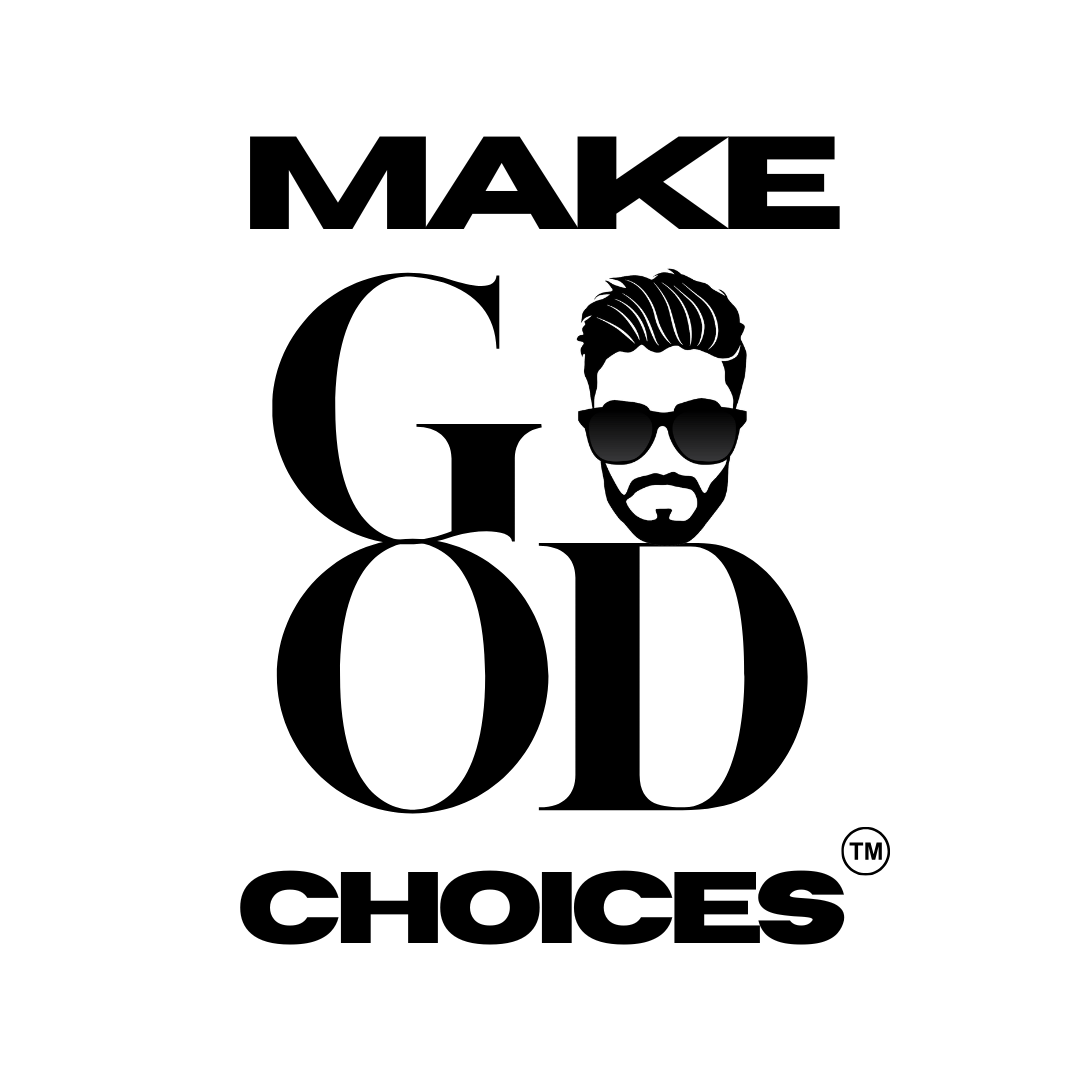From the Edge to the Everyday: Living Through the Lows of Depression (Part 2)
Mental health isn’t linear. It’s not a neat path of progress or a tidy checklist of recovery. It’s messy. It’s chaotic. It’s a rollercoaster that doesn’t just go forward and backward—it pivots, lunges sideways, shuffles, and sometimes slams you face-first into the ground.
What you think you need versus what you actually need becomes a constant review process, complicated by how much control you have—or don’t—depending on your state.
Letting Go of Control (Even When It Feels Impossible)
One of the hardest lessons I’ve had to learn is how to let go of control. And let me be clear: I still struggle with it. As someone who sees control as non-negotiable, ambiguity and uncertainty feel like threats. But part of healing is accepting that strength doesn’t always mean doing it alone. Sometimes, it’s letting someone answer the phone when you call. That’s strength too.
For me, it’s about finding the right balance—understanding how much control I need to manage depression, anxiety, and my mental health. It’s about having input into the plan of attack: the self-care routines, the risks I face, the safeguards I build to support positive self-talk and self-worth.
The ADHD Realisation
A real “holy shit” moment came with my ADHD diagnosis, which might not surprise some of you. Honestly, I didn’t know much about it before. What floored me was how obvious it was in hindsight:
The excessive talking
The constant distraction (especially if it’s shiny)
The task-hopping that leaves me exhausted
It’s all been my norm. Now, I know it’s something I can manage. I can learn, adapt, and lessen its impact on my day-to-day.
The Raw Reality
That doesn’t mean it’s smooth sailing. There are still moments where I’m curled up on the floor, crying, wishing I could numb everything. But the strategies I’ve built—the coping mechanisms—they’re holding up.
This journey is all-consuming. Distractions become survival. Conversations become lifelines. I’m learning just how powerful negative self-talk can be—how it has many times impacted what I believed, what I thought, what I felt and what I did.
Gratitude and Apology
So let me say this:
To those who respond, who sit with me while the tears fall—I thank you. I’m so fucking grateful for you. I wouldn’t be here without you.
To the ones I’ve hurt, tested, pushed too far—I’m sorry. Truly. Deeply. I hope I have the opportunity to make it up to you soon. ‘Cos I miss you.
Becoming Whole Again
As I keep moving through therapy, tools, and tasks, I feel stronger. Clearer. And—maybe for the first time in a long time—confident. It’s a strange but good mix of feelings. Like my life is finally aligning with where it’s meant to be.
For so long, it felt like the puzzle pieces didn’t fit. They clashed, they confused, and there was no bigger picture to focus on—because half the pieces weren’t even mine. But now, as I begin to understand myself more deeply, the wrong pieces are fading. The right ones are clicking into place.
I’m becoming whole again.
There’s still a way to go, but the difference now? I can see the bigger picture. I can see me. And OMG—it feels fucking great.


